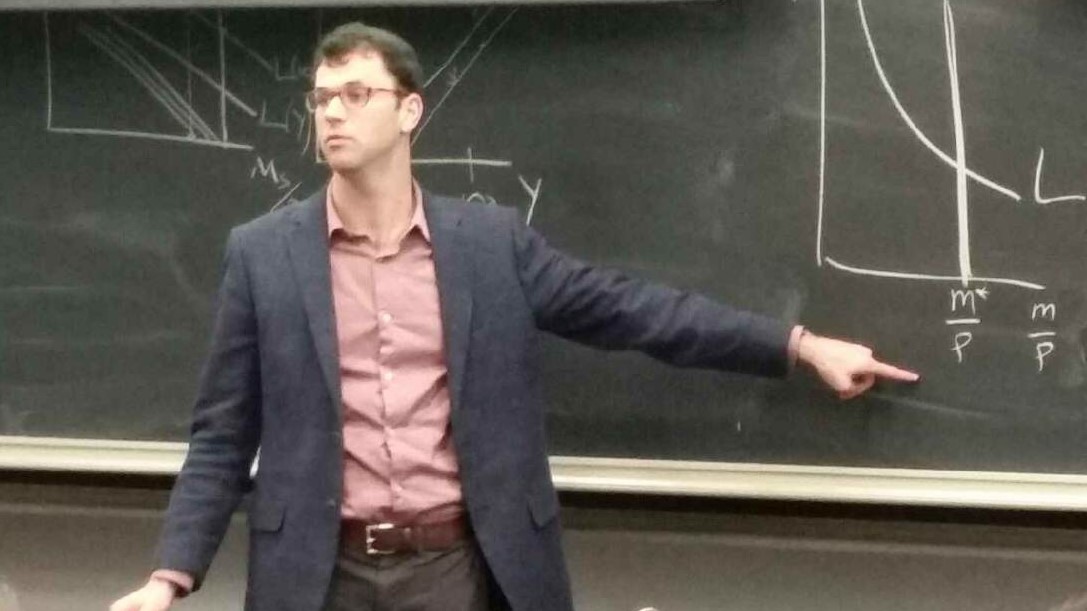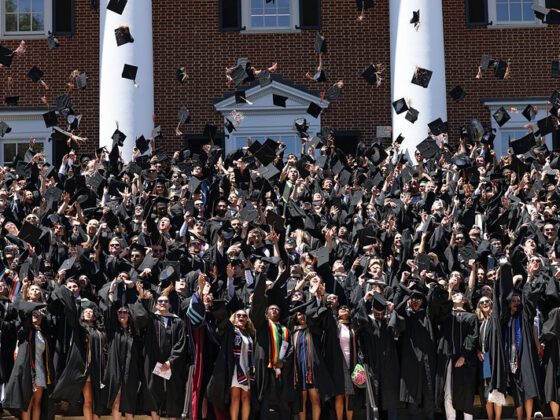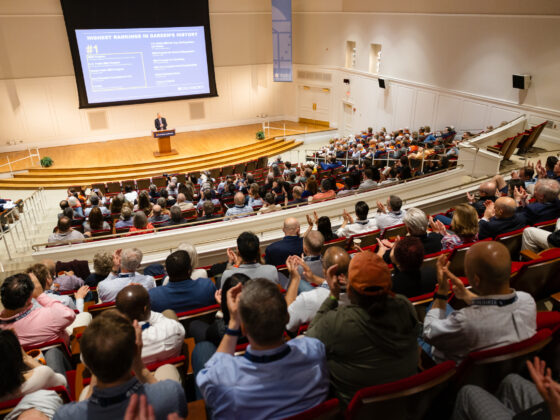Ben Leiner, ’19, is originally from Baltimore, MD, and he attended Emory University in Atlanta, GA, for undergrad. Before Darden, Ben worked in market research at a political polling firm and at the Atlantic Media Company. He also served as executive director of My Ride to Vote, an advocacy organization that partnered with rideshare companies to fund rides to the polls for low-income voters on Election Day. After business school, he hopes to work at a company using technology to improve civic life and strengthen democracy in the United States and abroad.
Currently a Second Year student at Darden, Ben recently conducted an independent study with Associate Professor Bobby Parmar that produced a case, “Fake News and the News Feed,” about Facebook’s efforts to fight misinformation. We recently caught up with Ben to talk about his motivation for undertaking the project and what he learned through the experience. Check out Ben’s answers below!
How/why did you decide to do case writing as an elective?
There were several reasons I wanted to write a case. First, I wanted to work with Bobby – he was one of my favorite professors from first year, and I wanted to get to know him better. Second, I have been thinking about going back for my PhD, so I wanted to get some hands-on “pre-professor” experience. Third, and perhaps most importantly, I had a topic I wanted to explore in depth. Writing a case became an excuse to learn more.
How did you identify your case topic?
I’ve always been interested in the intersection of business, politics and media. That area is particularly fascinating in the Trump era of “fake news” and powerful social media companies. I knew the process of writing a case about how Facebook thinks about fake news would help me sharpen my own opinion and give me credibility if I ever decided to work for a company making these types of choices. I also knew it would be incredibly interesting.
What was the experience of writing a case like?
When you’re writing a case, it’s part research paper, part theater. You have to do the research to make sure you include all the right case facts, but then you have to think about all the actors, not just in the case, but also in the classroom. What are the main points we should discuss in class? How do we elevate specific case facts to make sure the class leaves with the right takeaways?
How did you work with Bobby Parmar as you formulated your idea and wrote the case?
I would say that half of our meetings were in his office, and the other half were over breakfast at a cafe in town. We met to talk about the ethical ideas we wanted to cover, iron out the teaching plan and edit the case. It was an incredible chance to develop a genuine friendship with a professor.
What was it like to teach the case?
Bobby and I co-taught the case for the first time a few weeks ago to get some feedback before we teach it for the executive MBA students in Washington, D.C. next fall. When I took over the discussion, I immediately understood how challenging it is to teach using the case method. You’ve got to listen to every person’s comment, understand how it fits into the narrative of where you want the discussion to go and then make a decision: ask for an elaboration, call on someone else or pivot. It was equal parts exhausting and exhilarating. I loved it.
What was the most surprising thing about the whole case writing experience?
I rediscovered my appreciation for my fellow classmates, who, in this case, were my “students.” When you’re writing a case, you think you’ve considered the facts from every angle. And then, you get in the classroom, someone raises their hand, and you hear new arguments and draw fresh conclusions.
When professors told us at the end of a quarter, “The best part of the class is how much I learned from you,” I thought they were just blowing smoke (for the most part). Now I know that they weren’t. Learning from the students in class when you’re teaching is an absolute joy.
What’s been your favorite thing about your Darden experience?
The best part of Darden has been taking some time to focus on my personal development – stretching myself to travel to new countries, take challenging classes and form relationships with people who have changed my perspective on the world and my place in it. Teaching this case certainly has been an invaluable part of that journey.





